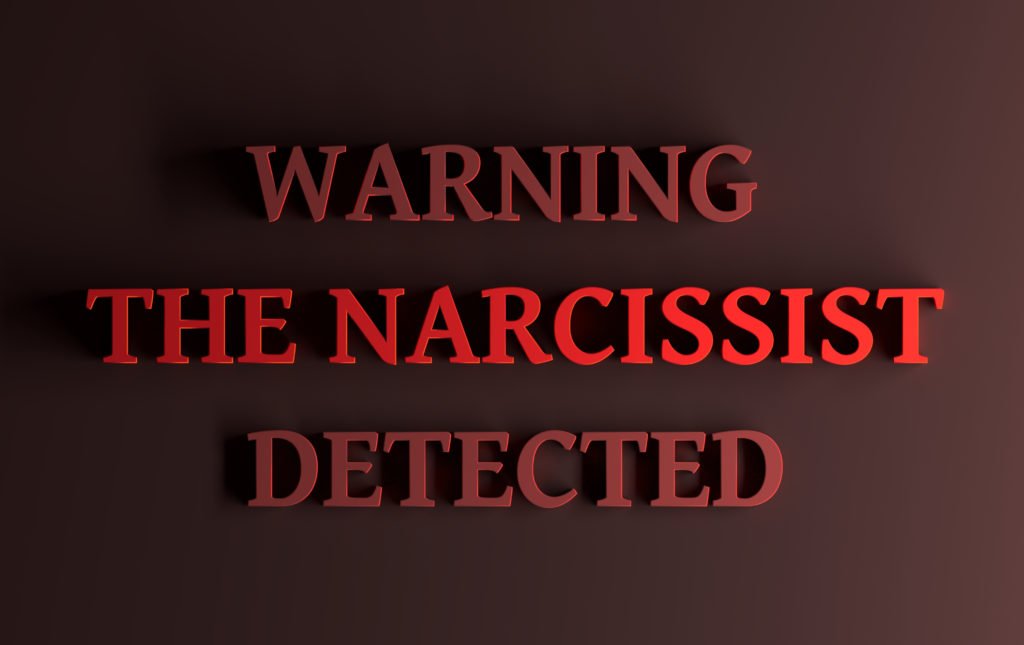If you’re a narcissist, there’s a good chance that your friends are too. People who have a lot of energy and attention need to go where they can get it. This is why narcissists hang out with each other. This type of person falls under the category called communal narcissist, or group narcissism. You might have friends who require a lot of your time, attention, or energy. You might think you have a lot of friends, but some of them might not be so good for you. If they are taking a lot from you and not giving anything back, it is time to find new friends.
Who is a Communal Narcissist?

A communal narcissist is someone who derives their self-esteem from the love and admiration of others. They need constant attention, positive feedback, or adoration to feel validated. Communal narcissists are very helpful people because they get an incredible high when doing good deeds for other people. However, sometimes all they want in return is praise and recognition. Do you like to help people? That is because you are a communal narcissist. You have special feelings for people who are down on their luck or are part of a minority group. Because of this, communists often work as social workers, community organizers, and human rights activists.
What Are Some Signs that I Have a Communal Narcissist?

Do you have a lot of friends? Do you always feel like you’re giving more than you’re getting from them? If so, there’s a good chance that you have a person who is narcissistic in your life. Other signs include:
- Feeling drained after hanging out with friends
- Always being the one who makes plans or is responsible for organizing activities
- Feeling like you have to put others’ needs before your own
- Being friends with someone who is always talking about themselves or their accomplishments
- Feeling like you’re not as important to a friend as they are to you
- Doing things for others but never receiving anything in return.
Signs Of Being A Communal Narcissist
- You have a cluster of friends that you consider your “tribe.”
- You love being the center of attention and feel important when around your friends.
- Also, you are always seeking compliments and affirmation from them.
- You get jealous easily if someone else is getting more attention than you.
- Your friends are an extension of who you are and you need them to feel good about yourself.
- You’re always the one who makes plans or is responsible for organizing activities.
- You feel like you have to put others’ needs before your own.
Being friends with someone who is always talking about themselves or their accomplishments gives you a sense of validation. You feel like you’re not as important to a friend as they are to you. Doing things for others but never receiving anything in return makes you feel used and unimportant. If any of these signs sound like you, then it’s time to take a good hard look at your relationships and ask yourself if they are healthy and reciprocal.
Causes Of Being A Communal Narcissist
- Narcissistic Parents: A lot of communal narcissists were raised by parents who only cared about themselves. These people learned that the best way to get self-worth was through helping others and being needed.
- Unhealthy Childhood Friendships: Communal narcissism is more common in childhood friendships than romantic relationships because children are not yet fully developed adults. Since kids don’t have a lot of responsibilities, they can spend a lot of time together and get very close.
Being a communal narcissist can also be part of your personality, so it’s something you’ve always known how to do. If this is the case, there might not have been anything that caused you to act in this way.
How To Deal With Communal Narcissists?

If you have a lot of friends who are narcissistic, it’s time to find some new ones. If your friend is constantly talking about themselves or their accomplishments, they might be using you for attention and validation. It can take a while to get out of these kinds of friendships because communal narcissists can be very manipulative.
- You also need to start putting your own needs first. This might be difficult because you’re used to always helping others, but it’s important if you want to have healthy relationships.
- Don’t feel guilty about saying no or setting boundaries with friends who are narcissistic.
- Lastly, remember that you are not responsible for making someone else happy. You can make a difference in this world without being a narcissist, so stop thinking that you need attention and validation from friends to know your worth as a human being.
- In my opinion, I think one of the best ways to deal with communal narcissists is by having an open conversation about their behavior. Communal Narcissistic people often do not even know that they are being narcissistic and have no idea how their behavior is impacting others. If you can talk to them about it in a non-judgmental way, they might be more likely to change their ways. However, some people are completely uninterested in changing and will only continue to behave in this harmful way.
How to Help A Communal Narcissist?
If you’re close with a communal narcissist and care about them, the best thing that you can do is to give them more attention. Communal Narcissists feed off of attention from others because they lack self-esteem and need validation for their accomplishments.
Give your friend compliments like: “I’m so happy I got to spend time with you today. You always know how to cheer me up.”
It can be hard for communal narcissists to start caring about themselves because they are used to taking care of everyone else. They might have a hard time giving up the idea that they are always looking out for other people. So, you need to show them that it is okay to care about themselves too.
Is It Possible To Love A Communal Narcissist?

It is possible to love someone who is a communal narcissist if the relationship has nothing to do with self-validation or attention. If both people in the relationship have good egos and don’t try to dominate each other, then there is nothing wrong with loving this kind of person. It is hard for two people who are both selfish to get along. Neither person will give in to the other one’s needs.
In some cases, communal narcissists can be loving and giving people when they are not around other people. If you are able to see this side of them, it might make the relationship more bearable. However, it is important to remember that this person is still capable of narcissistic behavior and should not be taken for granted.
It’s hard being in a friendship or relationship with someone who is always demanding attention and validation from others. If you’re dealing with a communal narcissist, know that you’re not alone. There are ways to deal with this kind of person, but it takes time, effort, and patience. Most importantly, you have to start putting your own needs first.
Conclusion
The problem with communal narcissists is that they tend to be unreliable. People will take attention to themselves. So their efforts are not directed at people who need help. This can lead to some people feeling neglected and angry when no one pays them any mind or gives them the love they crave. Communal narcissism is a difficult disease to understand. It needs more research before therapists and psychologists can understand it. But you can help your loved one without going to a professional. When someone is kind to you, it will make you feel better. It might stop you from acting out on your own bad behavior. If you know someone who is a communal narcissist, be there for that person and they will eventually see the good in themselves.
If you are looking for affordable Online Counseling MantraCare can help: Book a trial therapy session


